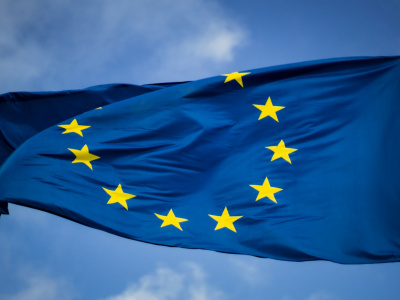
Improving the Complementarity of European Union Development Cooperation: From the Bottom Up
Executive Summary "Complementarity" is a mysterious term used in EU development cooperation. Introduced in the Treaty of Maastricht, the concept essentially invites the European Commission (EC) and the Member States to work more closely together and, if possible, to agree on who is best placed to do what in development cooperation. The concept is seldom clearly defined and the distinction between complementarity and cooperation remains blurred in the general discussion. While there is wide agreement on the potential benefits of improved complementarity/cooperation (e.g. increased aid effectiveness, greater policy coherence, reduced pressure on partner country administrations, etc.), little progress has been achieved in practice. Admittedly, efforts have been made to clarify the concept and to promote complementarity through policy and operational coordination. Yet effective change has been hampered by many factors, including competing political interests, bureaucratic resistance and conflicting implementation strategies. As we move towards a new millennium, complementarity still appears to be a political slogan rather than a practical reality. n 1998, the Swedish Ministry of Foreign Affairs agreed to support a short study to explore new approaches to fostering complementarity, considered from both a Community perspective (executed by ECDPM) and a Swedish perspective (executed by the Nordic Africa Institute). In both cases, interviews and desk review - focusing on past experiences with promoting complementarity in EU aid for poverty reduction - were the main sources of information. A brainstorming seminar in March 1999 was organised at the Swedish Ministry of Foreign Affairs to validate the findings of the study. Surprisingly perhaps, a large convergence of views emerged from the parallel consultation processes. This facilitated the joint identification of possible ways to move the complementarity debate forward.





